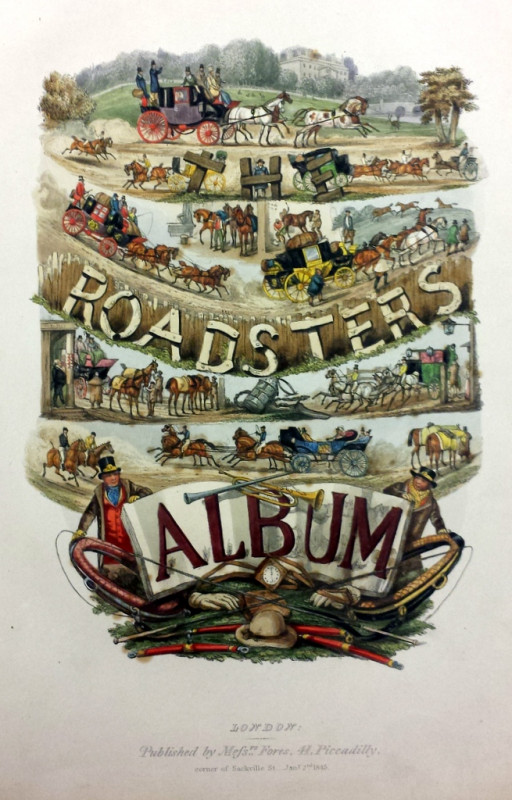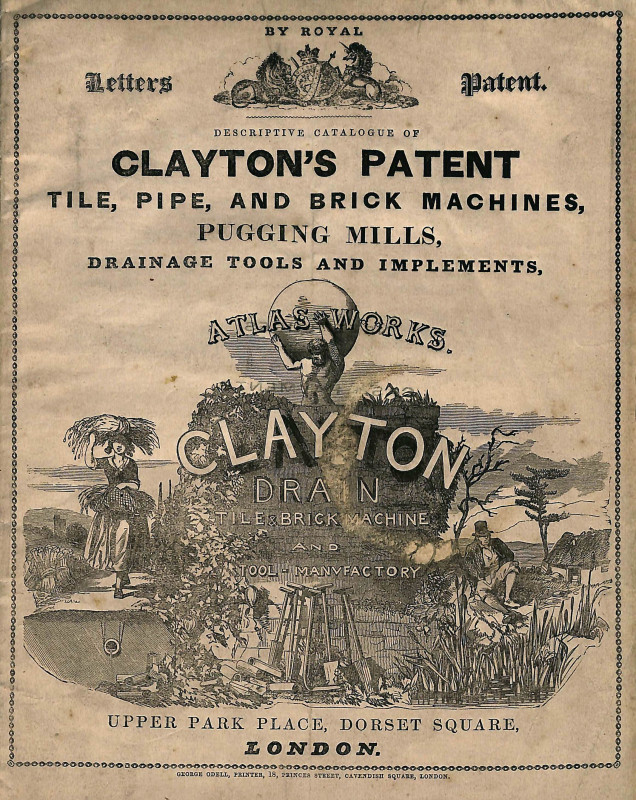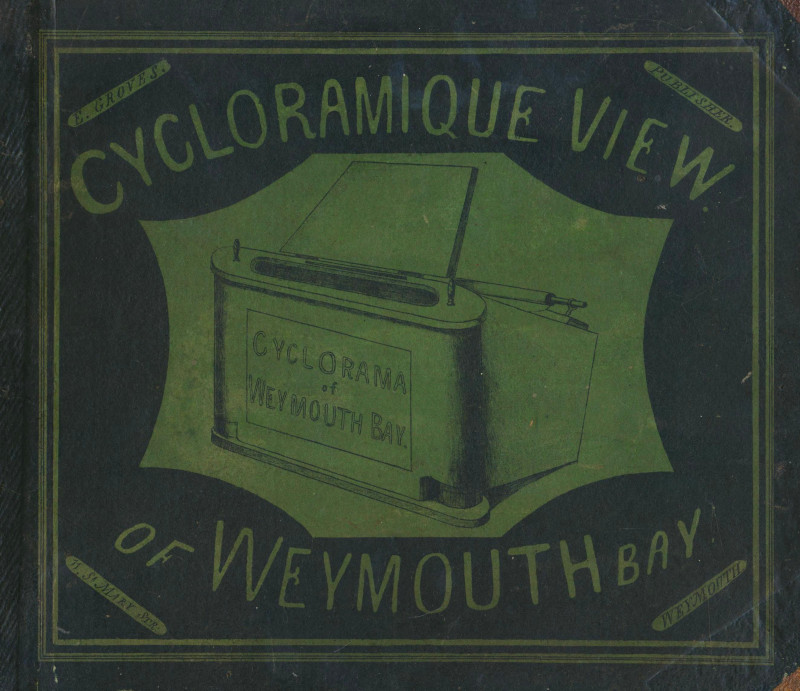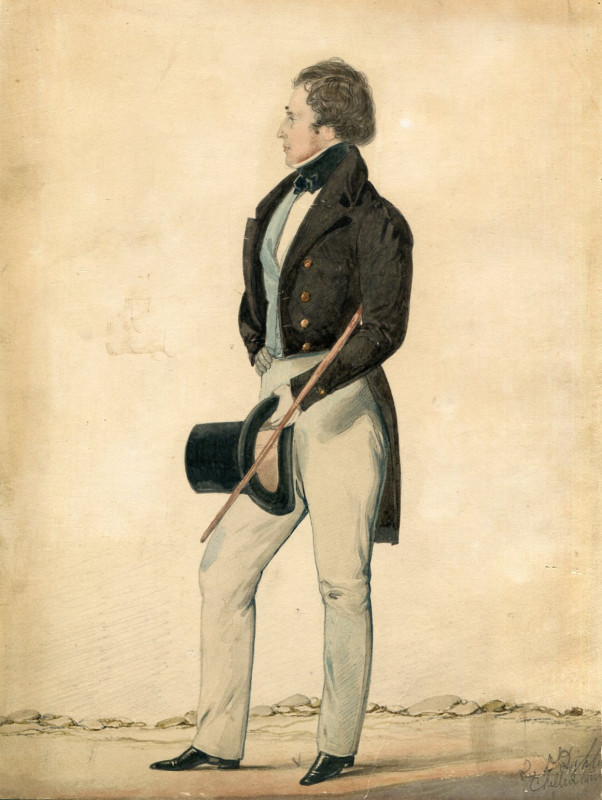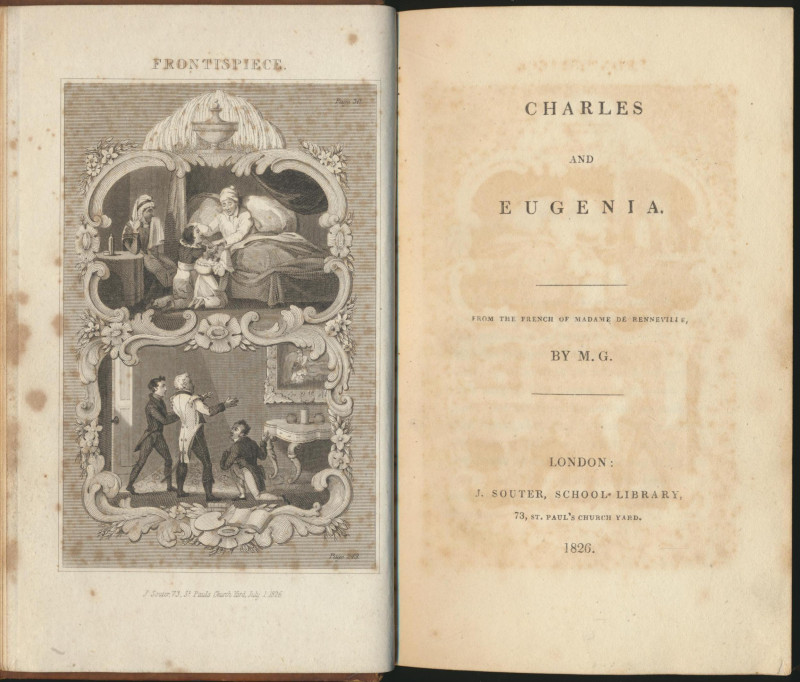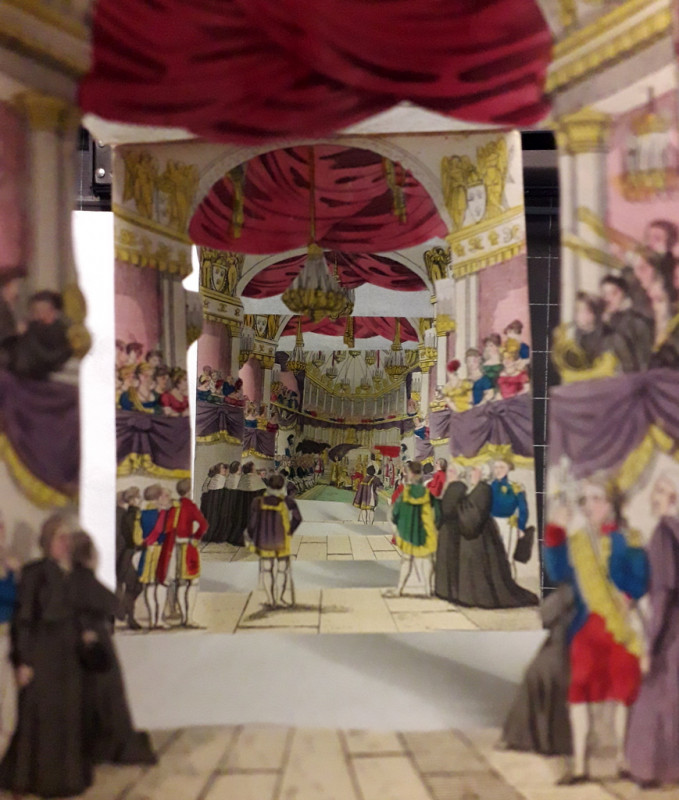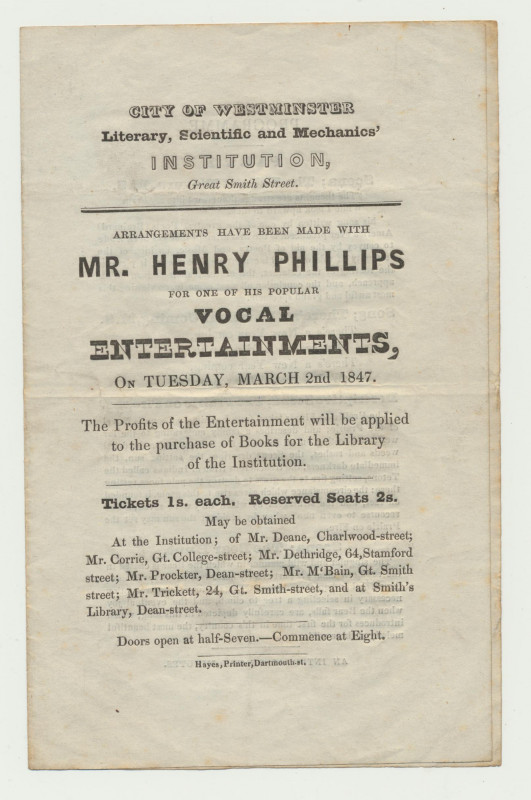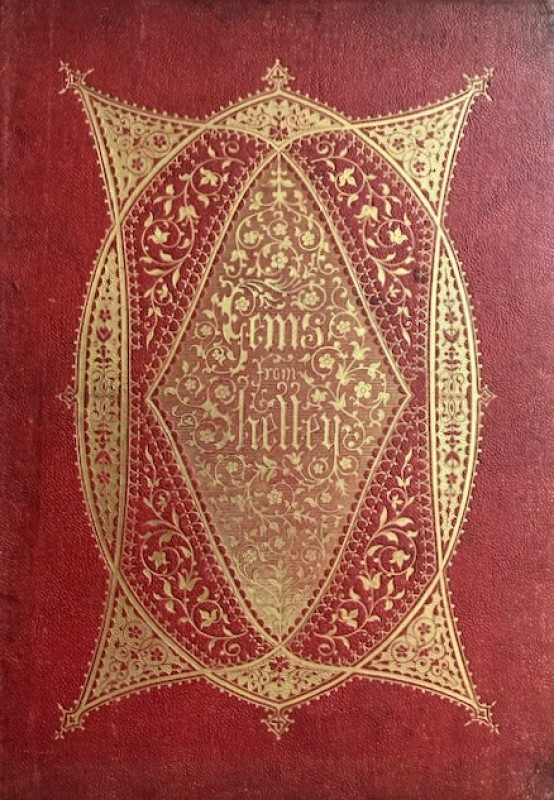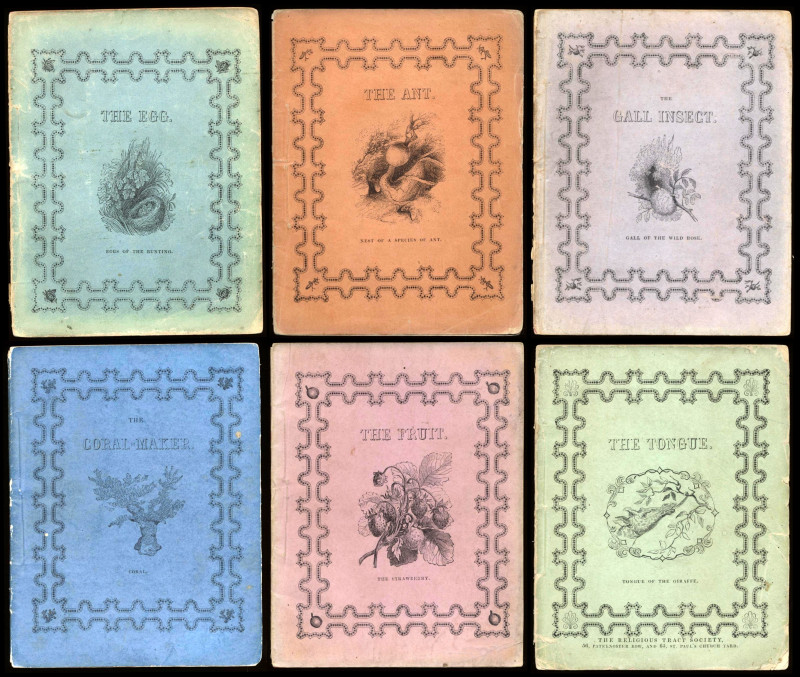Nova Renati Des Cartes Sapientia faciliori quam antehac methodo detecta a Cyriaco Lentulo.
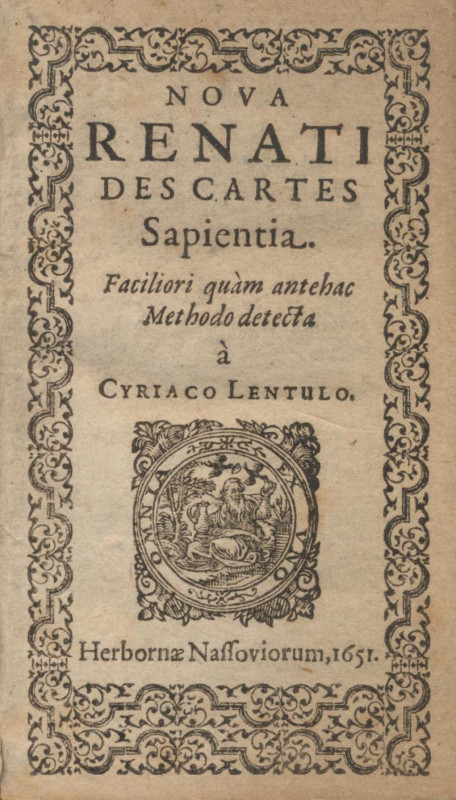

Book Description
Rare first edition of this anti-Cartesian work by Cyriacus Lentulus (1620?-1678), set in the form of a dialogue between "Cartesius" and Lentulus.
‘In 1647, Rene Descartes explained why he had chosen to leave France and live in Holland ... Not everyone was convinced by Descartes’ description of the Netherlands as a hideaway, or of himself as the retiring philosophical hermit cached within it. In 1651, for instance, the anti-Cartesian Cyriacus Lentulus insisted that Descartes’ real craving had not been for seclusion, but rather for fame. He pointed out that no place on earth was better for garnering scholarly celebrity than the place in which Descartes has allegedly chosen to make himself invisible - a fact which, he insisted, Descartes knew better than anyone’ (Carol Pal, ^gRepublic of Women: Rethinking the Republic of Letters in the Seventeenth Century^g, 2012, p. 27). Further still in the present work, Lentulus ‘objects to the rejection of the syllogism in the ^gDiscours^g on the grounds that there is simply no alternative to the use of syllogistic logic for the derivation of conclusions from premises’ (Tad M. Schmaltz, ^gEarly Modern Cartesianisms: Dutch and French Constructions^g, 2017, p. 81).
On July 1, 1651 Count Louis Henry of Nassau sent a letter from Dillenburg to the universities of Leiden, Franeker, Groningen, Utrecht, and Harderwijk, and to the illustrious school of Breda. As patron of the college in Herborn (in present-day Hessen, Germany) he was worried about the unrest at this institution arising from the appointment of Johannes Clauberg (1622-1665) as professor of philosophy in 1649 and Christopher Wittichius (1625-1687) as professor of theology and mathematics two years later. ‘These young scholars were both followers of the French philosopher Rene Descartes (1596-1650), and this was not at all the liking of their colleagues, especially a certain Cyriacus Lentulus (?- 1678), professor of history and political science. If we can believe Wittichius, Lentulus had spread the rumour that students were now being taught skeptical and outright atheistic “novelties”. Louis Henry wanted to know from the Dutch institutions what they thought of Cartesianism. More specifically, he was interested in their opinion on the relation of this new philosophy to the higher faculties, particularly that of theology. Finally, he inquired about the role of Cartesianism in the curriculum of the Dutch universities’ (Willem Frijhoff and Marijke Spies, ^gDutch Culture in a European Perspective: 1650, hard-won unity^g, 2004, p. 281).
Dealer Notes
OCLC records two copies in North America, at Chicago and Saint Bonaventure University.
Author
[DESCARTES]. LENTULUS, Cyriacus.
Date
1651
Binding
bound in contemporary vellum, lightly dust-soiled with a stronger stain to lower board, nevertheless, still an appealing copy, with contemporary ownership signature on front pastedown.
Publisher
Herbornae Nassoviorum,
Condition
12mo, pp. 369, [1] blank; apart from some light browning in places, due to paper stock, a clean copy throughout;
Price: £1250.00
Offered by Pickering & Chatto, Antiquarian Booksellers
Friends of the PBFA
For £10 get free entry to our fairs, updates from the PBFA and more.
Please email info@pbfa.org for more information
